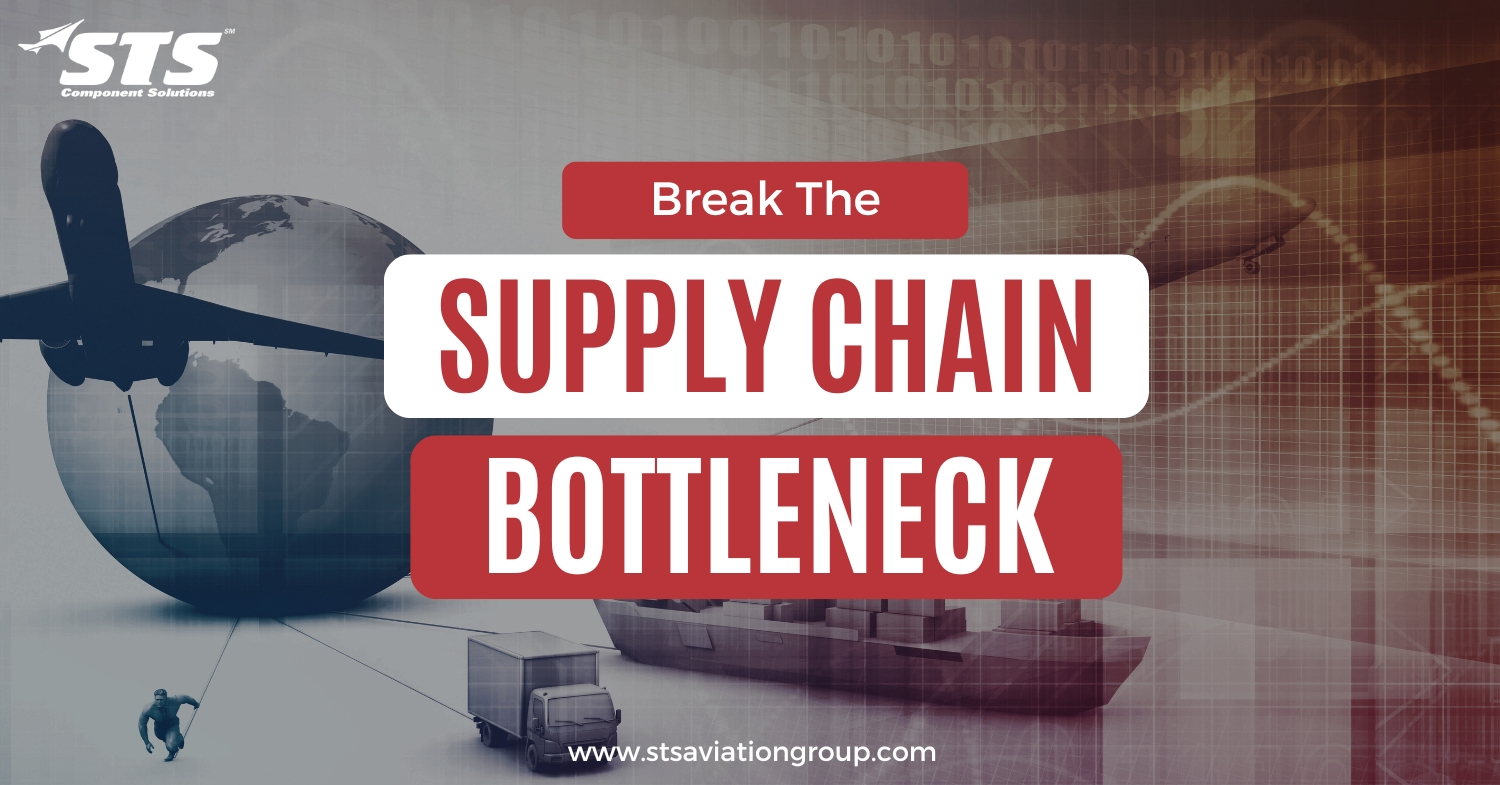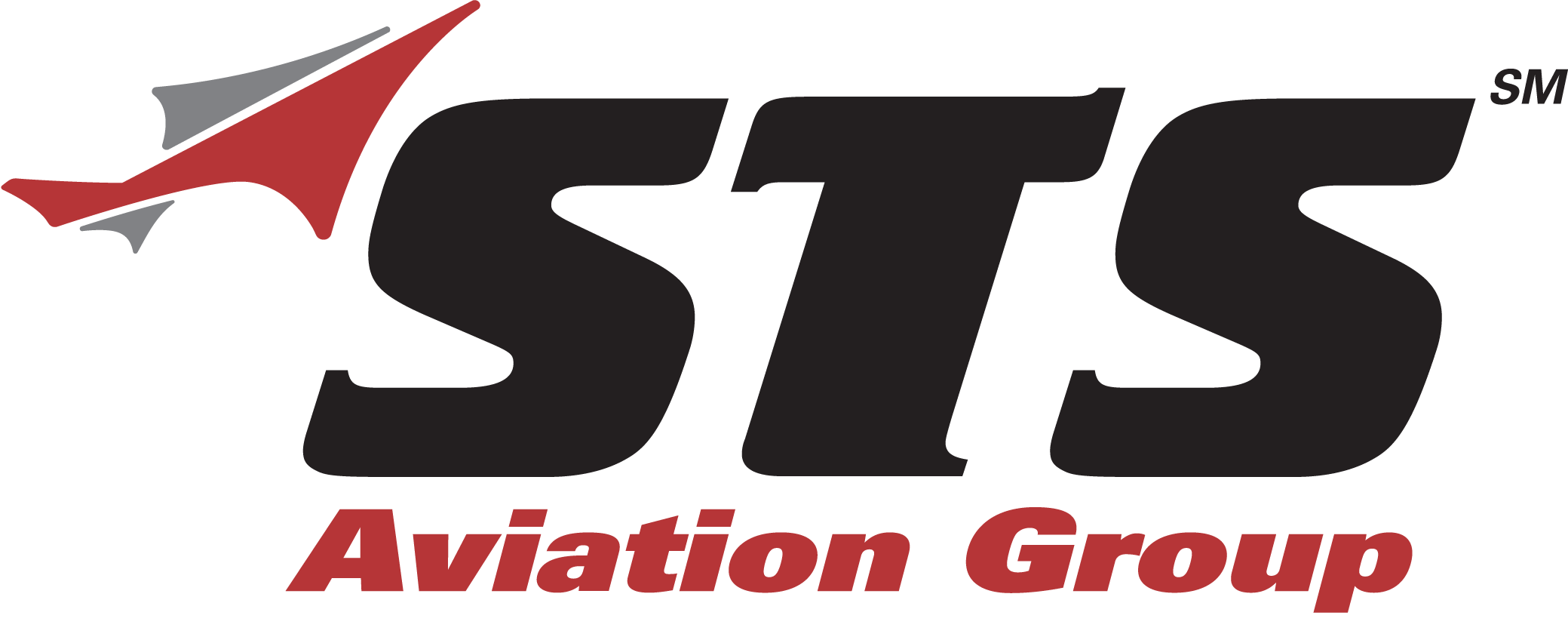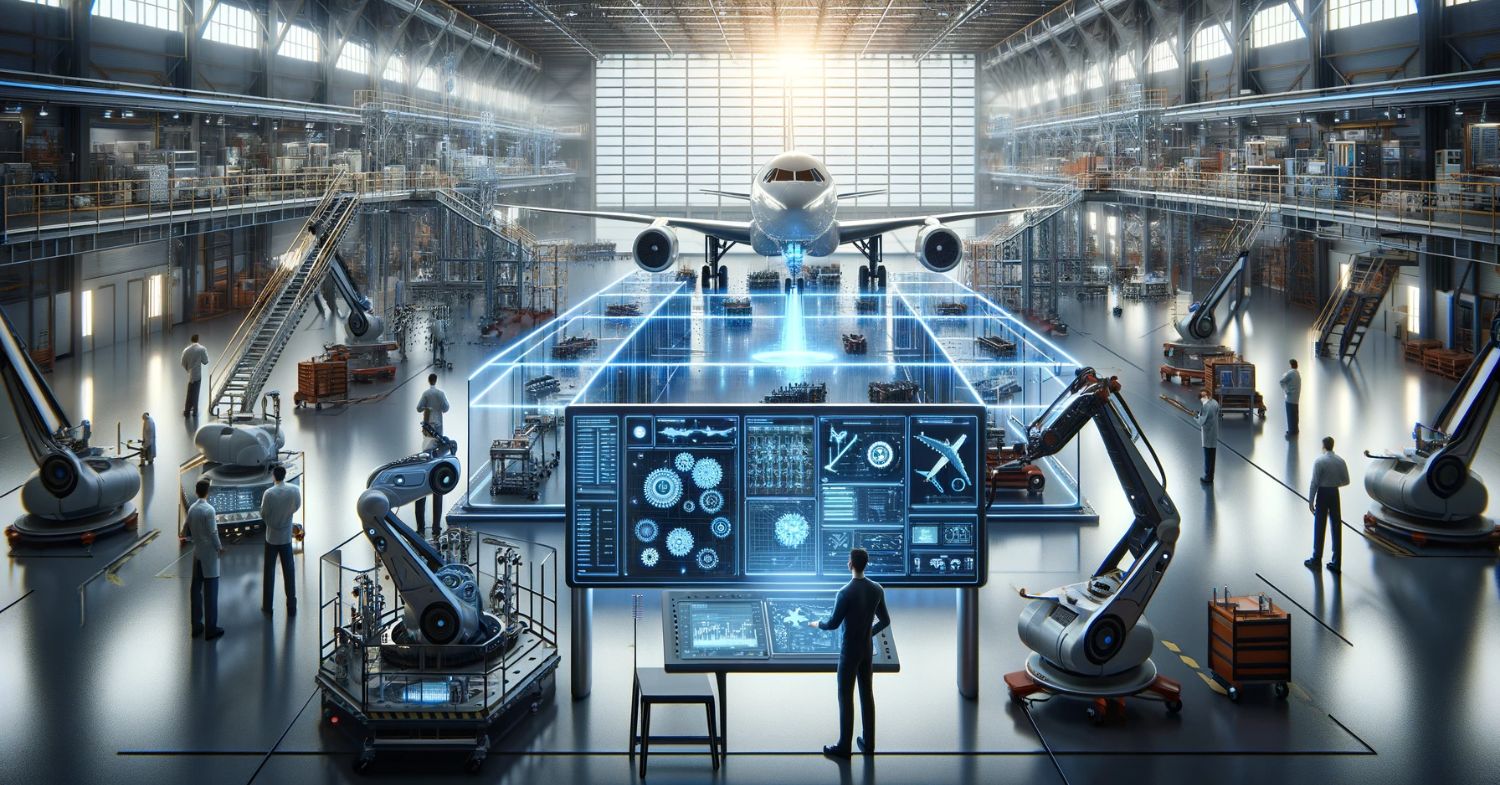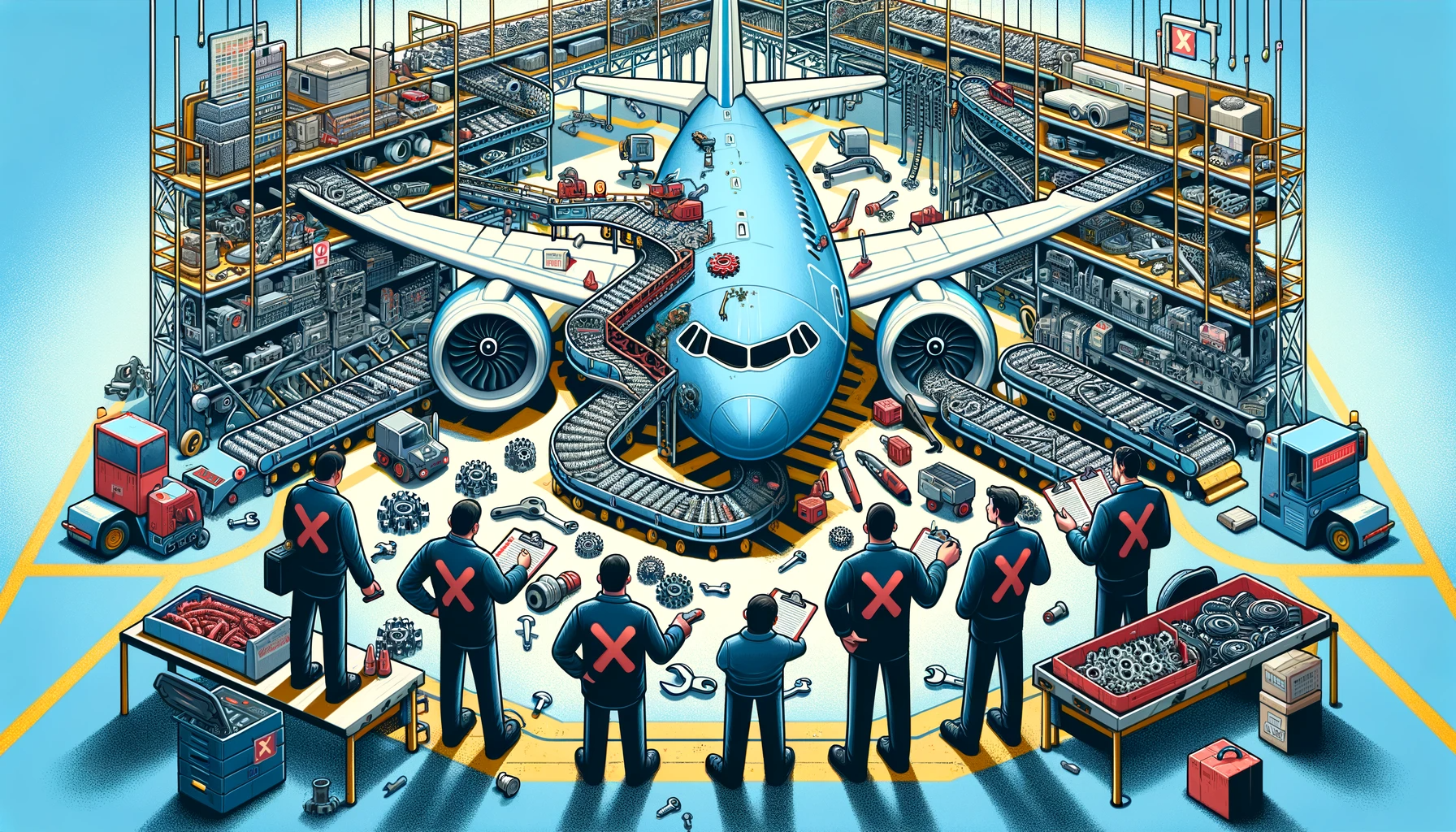
Supply chain problems are nothing new. We have been hearing about them for years. You need a part, the part is backordered, you wait for the part, and your team loses money while an aircraft sits on the ground. Simple. Predictable. Painful.
In the aviation industry, downtime is the enemy. Airlines cannot afford to wait, leasing companies cannot afford delays, and MROs cannot sit on their hands hoping that a critical component will magically appear. That is where STS Component Solutions comes in.
For years, STS has been cutting through the noise, bypassing bottlenecks, and delivering aircraft parts where and when customers need them. How? By fostering global distribution partnerships with leading OEMs and leveraging a supply chain network that is as resilient as it is efficient.
OEM Partnerships That Get Things Done
STS Component Solutions does not dabble in the business of maybe. Their global partnerships with OEMs ensure that the parts they offer are not only available but are also sourced directly from the manufacturers that build them. Whether it is nacelle hold open rods, cockpit controls, emergency evacuation equipment, or complex electrical systems, STS does not just stock inventory. They maintain a direct pipeline to the source.
This is not a guessing game. It is a finely tuned operation built on relationships, reliability, predictive technology, and the understanding that when an airline needs a part, it is not an option. It is a necessity.
Finding Solutions Where Others Find Delays
The supply chain is broken. Everyone in the industry knows it. Lead times have stretched into oblivion. Critical components are stuck in a never-ending loop of backorders and red tape. And while other companies are making excuses, STS is making deliveries.
With a network of warehouses positioned strategically around the world, STS Component Solutions does not rely on a single point of distribution. If one region is facing delays, another picks up the slack. If a part is hard to find, the STS team finds it. If a supplier is struggling, STS has the partnerships in place to ensure customers do not feel the impact.
Aircraft cannot fly without the right components, and waiting on an unreliable supply chain is not an option. That is why STS does not wait. They act.
Ready When and Where You Need Them
When an airline needs a part, they do not have time for excuses. They need action. They need access. They need a team that does not just talk about solving problems but actually solves them.
STS Component Solutions is that team. Their experts do not sit back and watch the industry struggle with delays. They navigate the chaos, cut through the noise, and get teams the aircraft parts they need no matter where they are in the world.
Because in aviation, waiting is not an option. And with STS, neither is failure.





